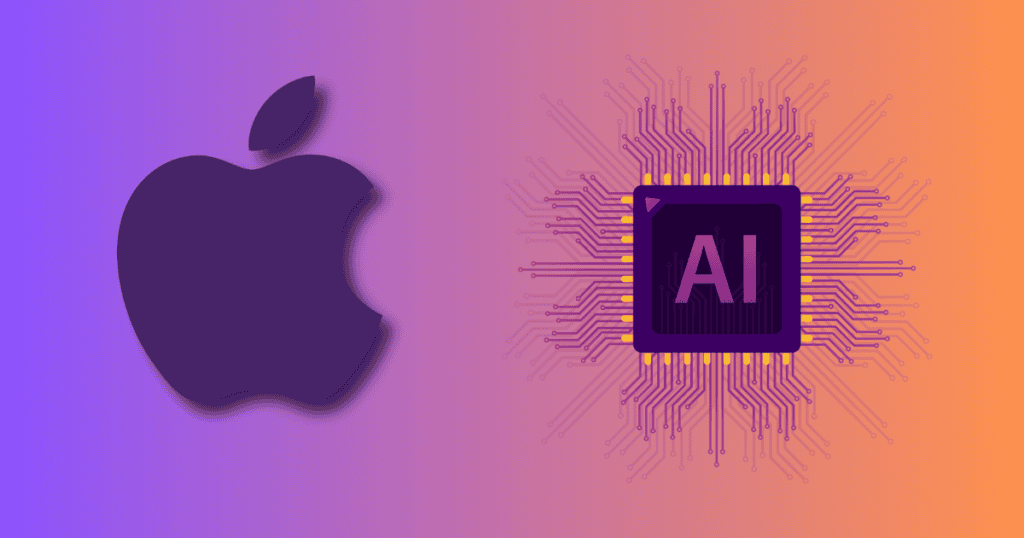At this year’s Worldwide Developers Conference (WWDC), Apple unveiled its groundbreaking Apple Intelligence suite, a set of advanced generative AI functionalities that will be integrated into iOS 18, iPadOS 18, and macOS Sequoia. This suite is designed to transform how users interact with Apple devices, with a strong focus on enhancing privacy and security.
Expansive Features of Apple Intelligence
Advanced AI Capabilities
- Generative AI Tools: Apple Intelligence is set to revolutionize user engagement, providing tools that facilitate the creation and manipulation of language, images, and actions within apps. This suite utilizes a wide array of user data, including texts, messages, documents, emails, photos, and more, enabling highly personalized and contextually relevant interactions.
- Privacy-Centric Approach: Apple has designed Apple Intelligence to prioritize user privacy, ensuring that all AI tasks are handled with the utmost security, from data collection to processing.
Strengthening Privacy and Security
- Private Cloud Compute Standard: Apple introduces the Private Cloud Compute standard to ensure that data used in AI tasks is processed securely and never stored, thus maintaining its confidentiality. This standard is a key component of Apple’s strategy to protect user data.
- End-to-End Control: Led by CEO Tim Cook, Apple maintains tight control over its technology and user experience, ensuring transparency and security in every aspect of device interaction.
Transparency and Security Validation
Independent Security Reviews
- Engagement with External Experts: To reinforce its commitment to privacy, Apple is engaging independent security researchers to verify the privacy claims of its Private Cloud Compute operations. This initiative demonstrates Apple’s commitment to transparency and allows for an external validation of its security practices.
- Verifiable Transparency: Apple’s approach includes allowing experts to assess and verify that the operational practices match the company’s stated security and privacy policies, ensuring that the company’s claims are not only promised but practiced.
Future Outlook and User Implications
Phased Rollout and Market Impact
- Beta Testing and Gradual Implementation: Apple plans a phased rollout for the Apple Intelligence features, starting with beta versions in the summer, followed by a full public release later in the year. This approach allows Apple to refine the features based on user feedback.
- Industry Influence: Apple’s integration of sophisticated AI capabilities with stringent privacy measures is likely to set new industry standards, influencing how tech companies develop and implement AI technologies.
Enhancing User Trust and Market Position
- Market Leadership: Apple’s continuous innovation and enhanced privacy measures help solidify its position as a leader in the global tech market. The introduction of Apple Intelligence could prompt other tech giants to elevate their own privacy and security standards.
- Trust and Engagement: The enhanced privacy and security assurances are expected to increase user trust and deepen engagement with Apple products, crucial as more users integrate technology into all aspects of their lives.
MacReview verdict
The introduction of Apple Intelligence marks a significant milestone in Apple’s mission to blend cutting-edge technology with robust privacy and security measures. As these AI features evolve and reach users, they promise to redefine the integration of AI in daily technology use, setting new benchmarks for privacy and user-centric innovation in the industry.




